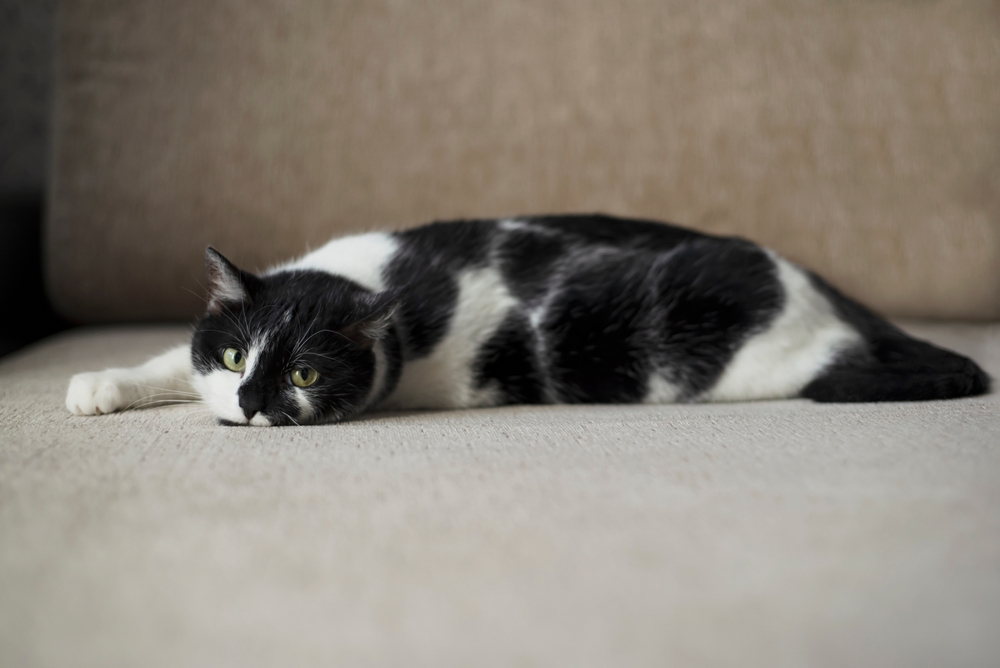While we often associate the gut microbiome exclusively with human health, it’s important to recognise our cats (and other pets) also harbour their own intricate microbial ecosystems.
World Microbiome Day on 27 June aims to raise awareness about the crucial role of microbiomes in our overall health and well-being as well as that of our furry friends.
“Just like us, cats need a balanced gut microbiome and when this is out of sync it can lead to a troubled digestive system and a very unhappy feline,” explains Dr Guy Fyvie, veterinary advisor from Hill’s Pet Nutrition.
The gut microbiome refers to the vast community of microorganisms that live in the digestive tracts of both us and our cats. It’s a complex ecosystem consisting of bacteria, fungi, viruses, and other microbes that play a pivotal role in maintaining overall health. This diverse microbial population not only aids in digestion but also contributes to immune function, metabolism, and even mental well-being.
Maintaining a healthy gut microbiome in both ourselves and our cats is crucial for overall health and longevity. Dr Fyvie provides some key strategies to help preserve and support the gut microbiome:
Probiotics, Prebiotics and supplements
Although probiotics (like yoghurt) – live or not – may have a short-term effect, providing some help to the gut, they are not as effective as feeding the desirable bacteria already in the gut. This is done with a specific fibre blend that helps to maintain a healthy biome by encouraging the right type and amount of gastrointestinal organisms.
Avoid overuse of antibiotics
Antibiotics can disrupt the gut microbiome by killing both harmful and beneficial bacteria. Use antibiotics judiciously and only, when necessary, under the guidance of a healthcare professional or veterinarian.
Balanced diet
Provide yourself and your pet with a well-balanced diet. For you, include plenty of fibre-rich fruits and vegetables that serve as prebiotics and promote the growth of beneficial bacteria in your diet. And for your pet, consider a food like Hill’s Prescription Diet GastroIntestinal Biome with ActivBiome+ Technology that goes beyond the traditional fibre and probiotic approach. It targets pets’ gut health specifically to promote healthy stools in pets in as little as 24 hours and will help restore your pet’s unique gut ecosystem with microbiome science.
Stress management

Chronic stress can negatively impact the gut microbiome. Take part in stress-reducing activities such as exercise, meditation, and spending quality time with your pets to promote a healthy gut environment.
Regular veterinary check-ups
Routine veterinary care ensures any emerging health issues are promptly addressed. An ‘upset tummy’, which may include vomiting, diarrhoea, flatulence, weight loss or constipation, are all common signs that your pet may not be feeling well. One of the most common reasons cat parents visit their vet is because of digestive disorders. A visit to your local cat clinic will help to diagnose what the issue may be and recommend steps to help your feline feel better.



